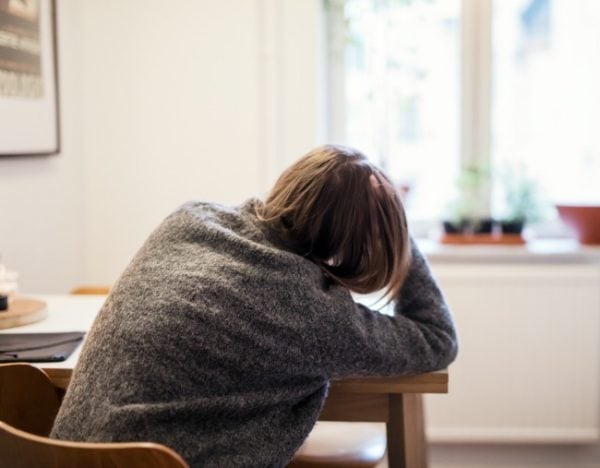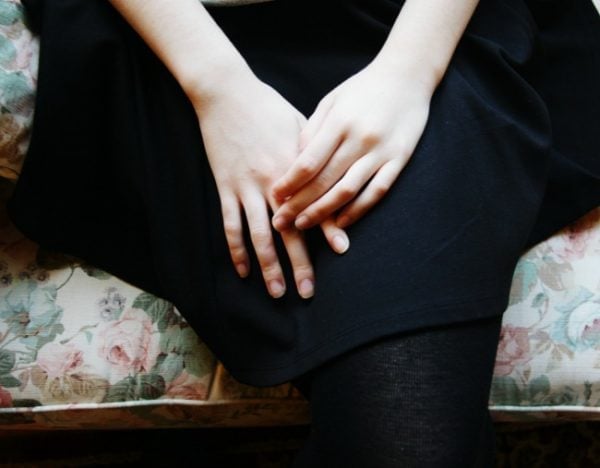Mother’s Day is a painful reminder, not of what I lost, but what I never had.
I know what you’re thinking, but no, my mother did not pass away from a battle with crippling illness, or a shock car accident. In fact, she’s alive and well still living in the family home.
My mother was emotionally abusive for the better part of the 20-something years I lived with her. She deprived me of all maternal love as a child and asserted control over me through stalking, isolation and vile name-calling.
For many, Mother’s Day doesn’t look as rosy and uncomplicated as it does in Kmart catalogues. But I learned that while it’s scary, it’s important to let go of toxic relationships, even if it goes against everything the world says is natural.
From the outside looking in, my mother was a saint. It was incredible how well she could balance her two personas. It was only natural for her to offer feasts to anyone who came over. Those who visited knew to come on an empty stomach because it was a sure bet they would get fed.
But before the latch on the door could clip closed on their way out, she would be verbally tearing my friends to shreds, telling me how my friends were “sluts” and ”bad influences”, and how they were the reason I had grown up “all wrong”.
My friends were the type to be on the debating team or passing on the latest Penguin Classic to read, by the way.
One by one, she banned those closest to me from entering our home.





Top Comments
So understand your situation. My mother was the same..always telling me from a you g age that she wished I had never been born. She had unconditional love for my older brother though...I now shower my children with love.
It’s horrible how you were treated, commiserations.